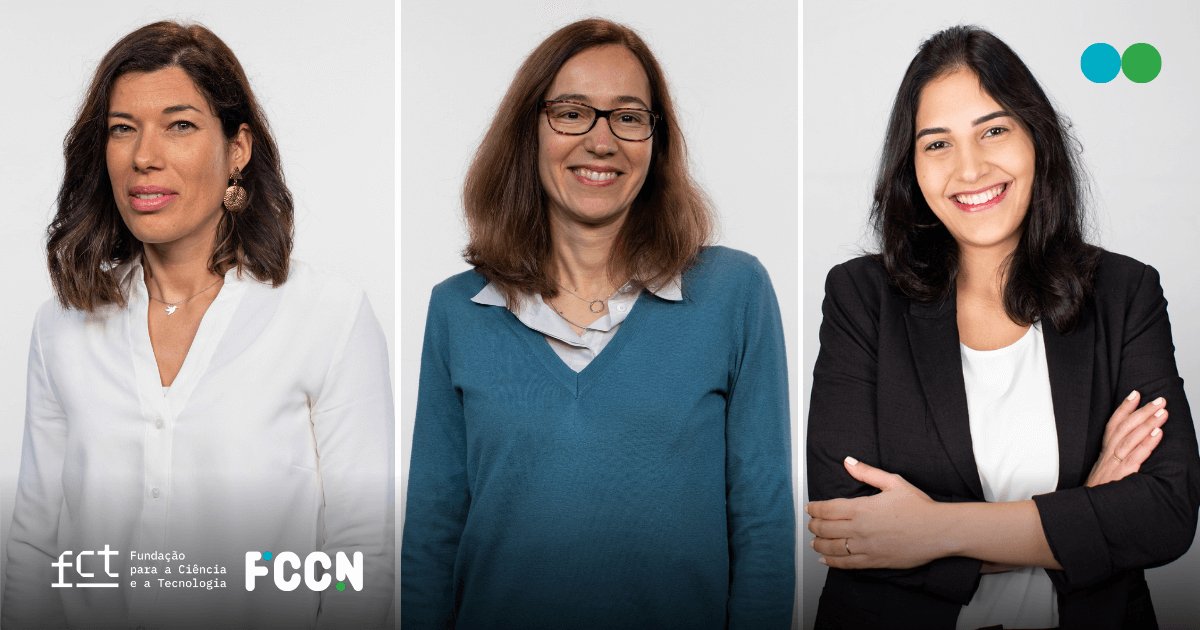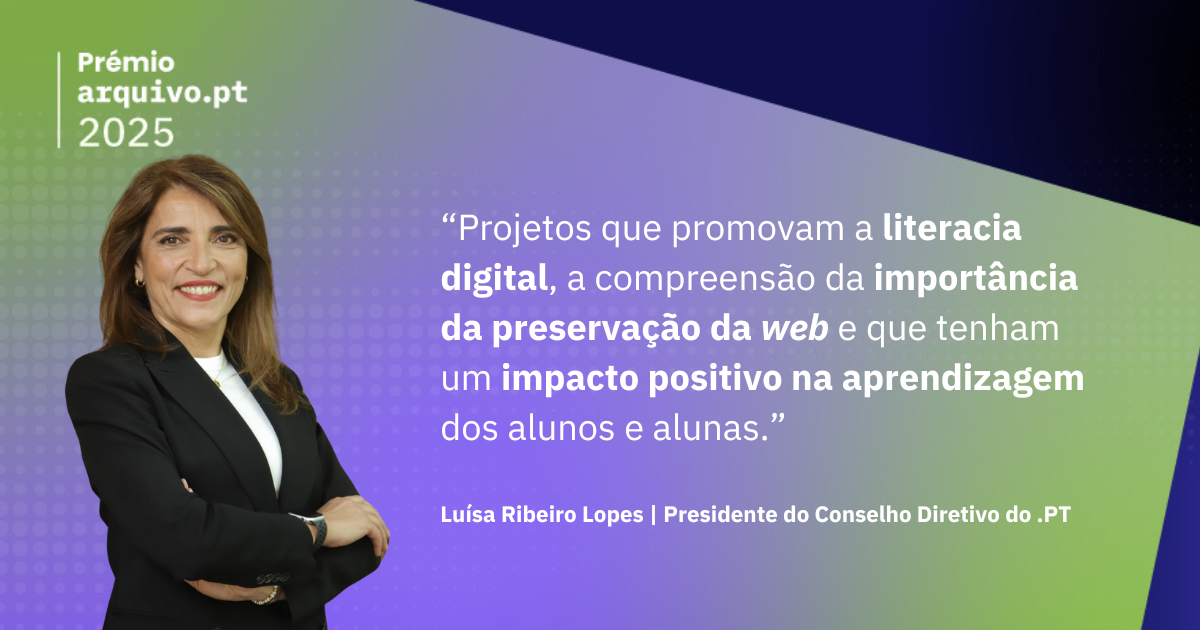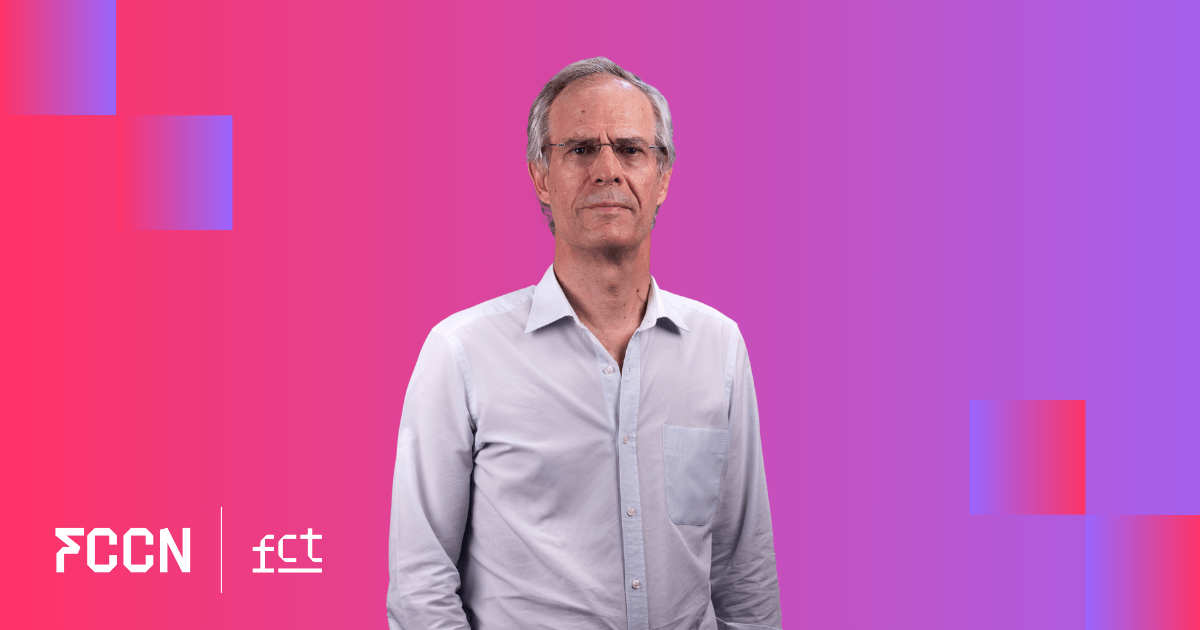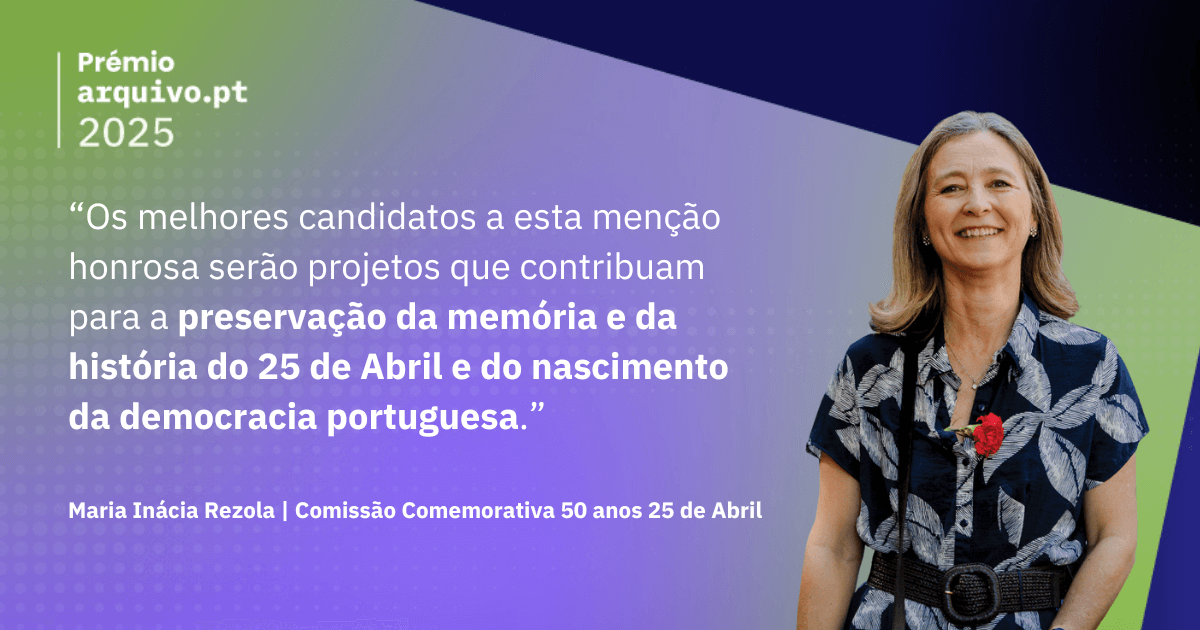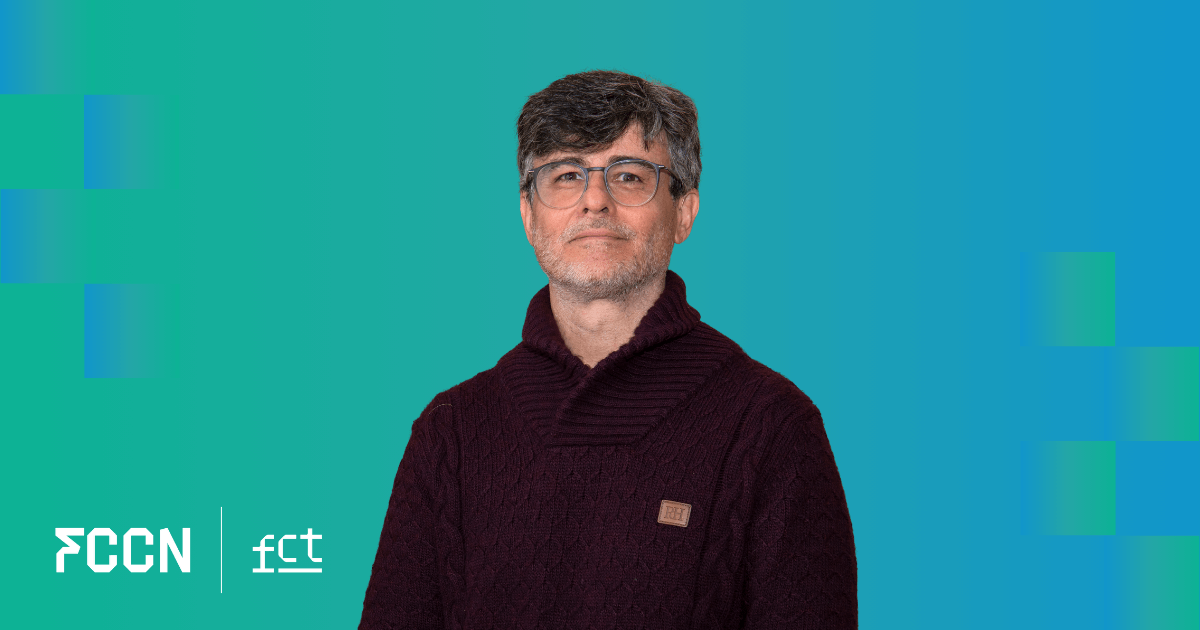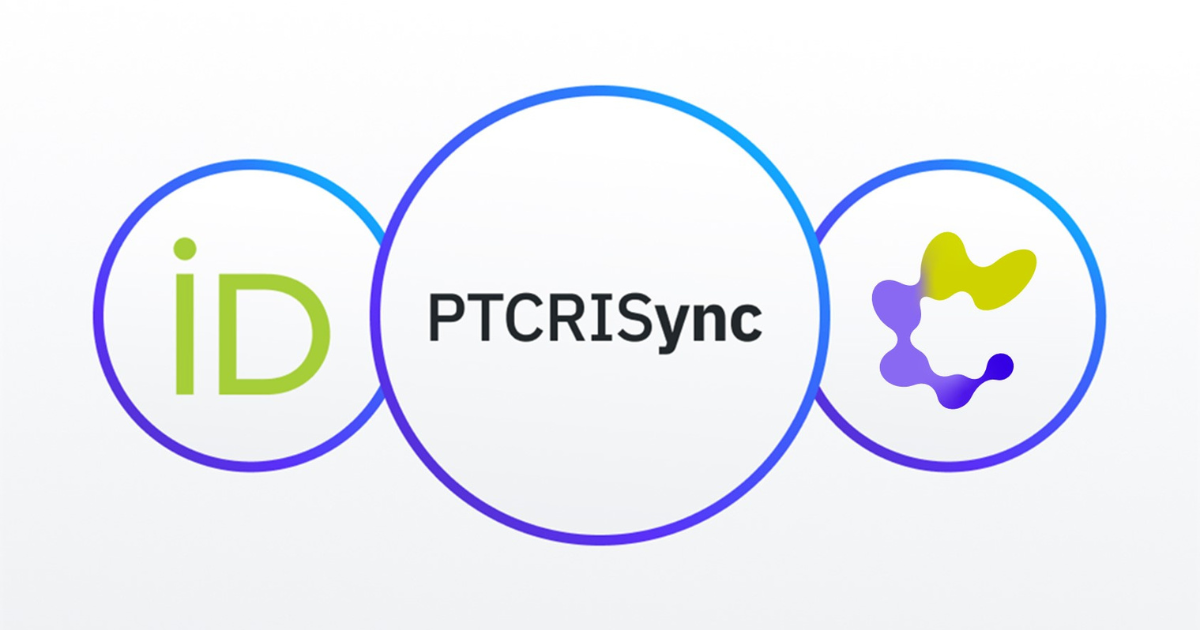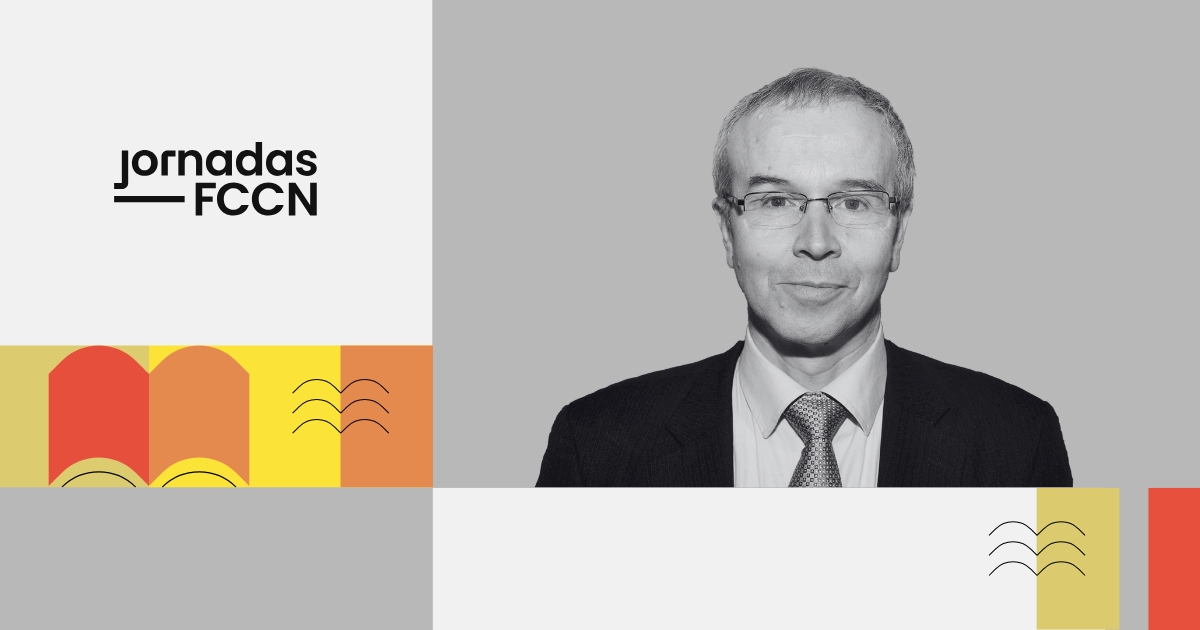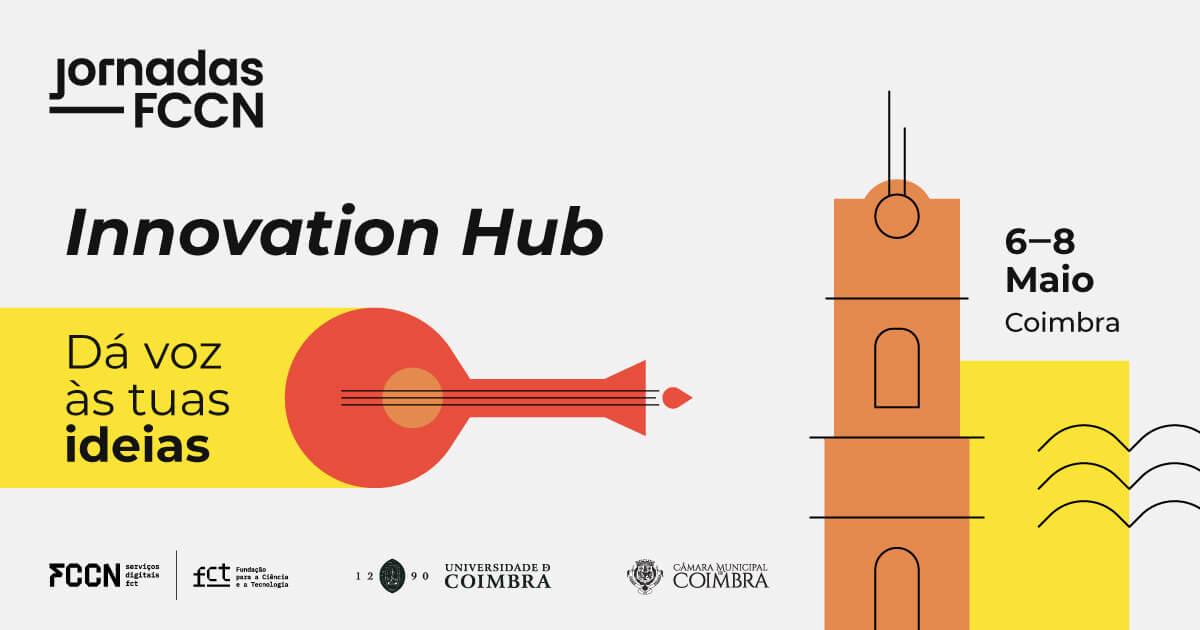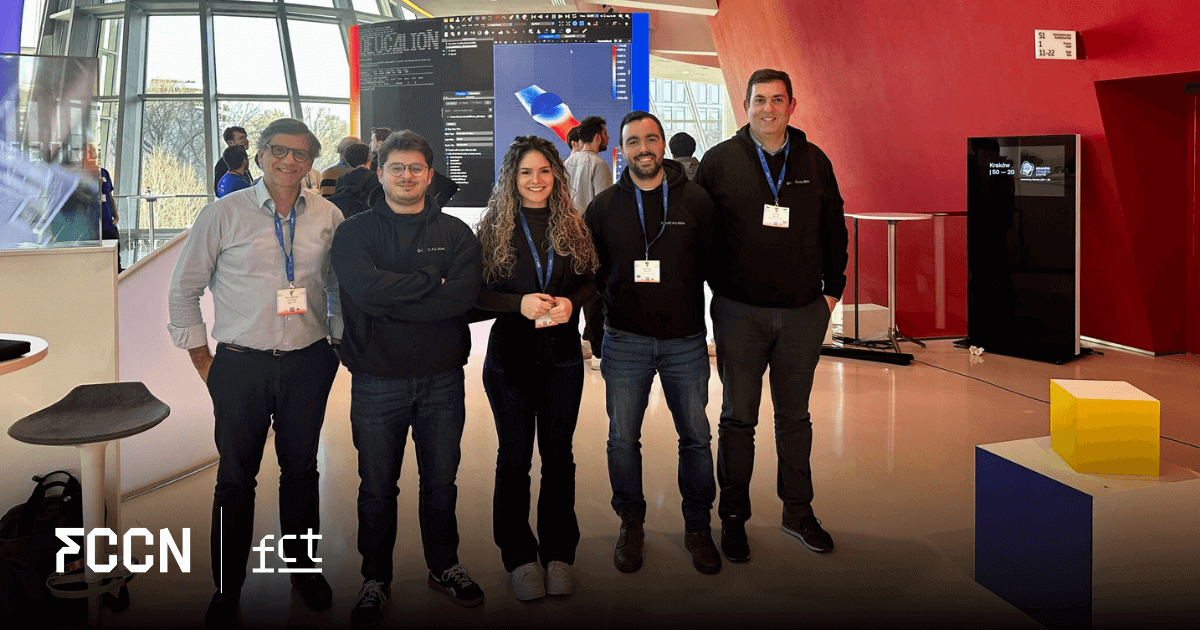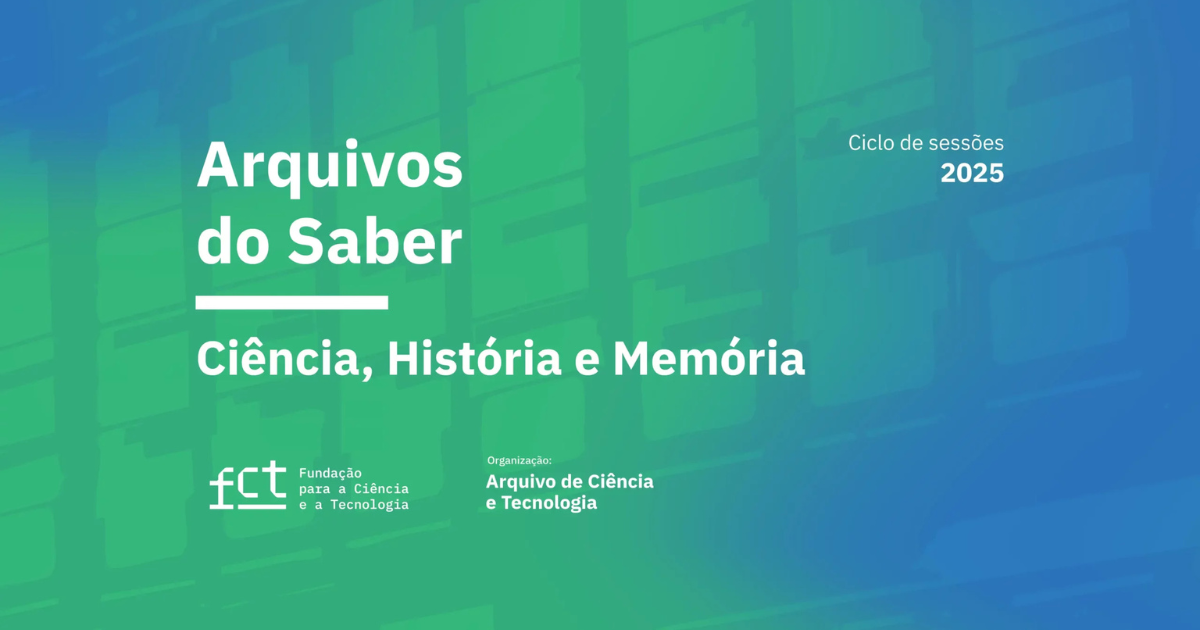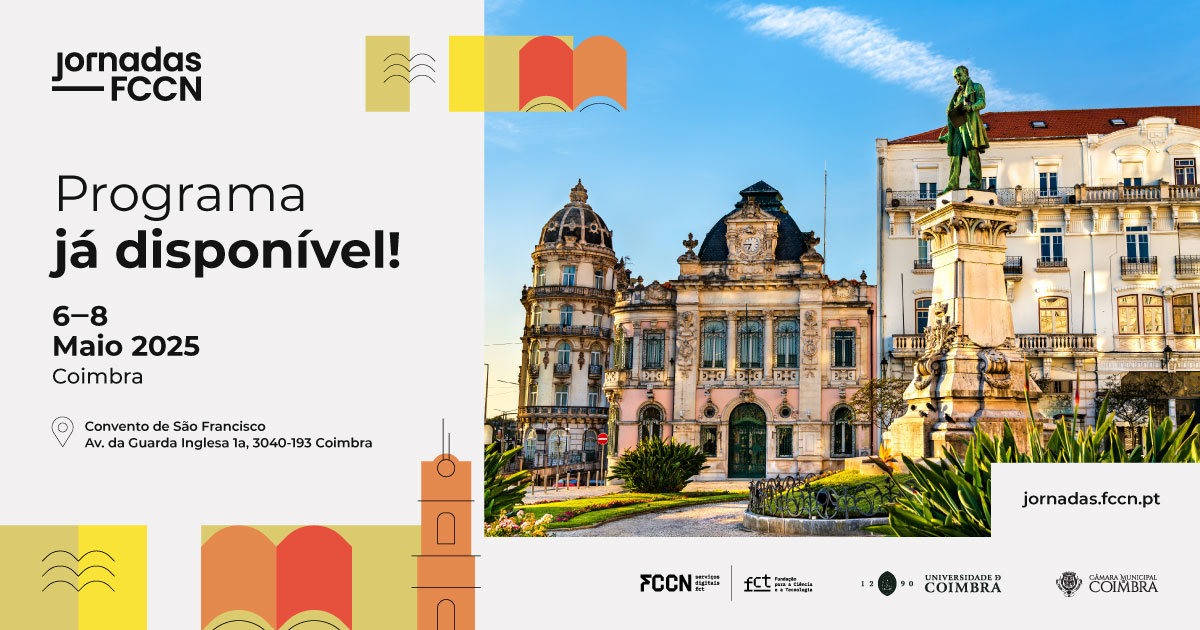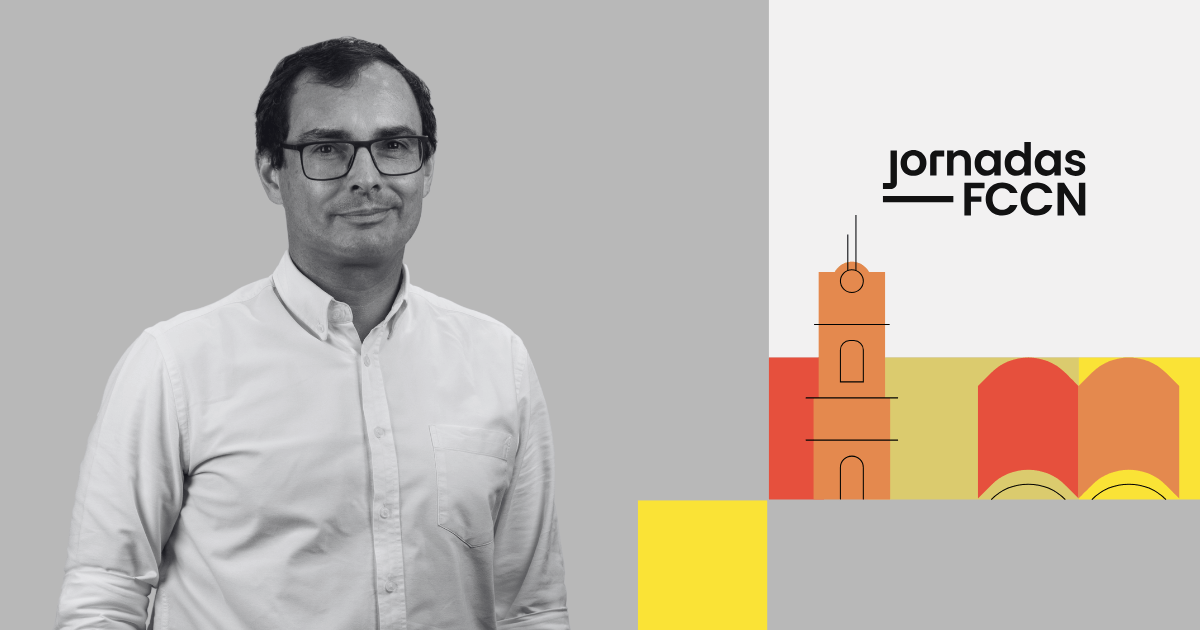To celebrate the International Day of Women and Girls in Science, which takes place on February 11, we challenged three of our professionals who work in science at the FCCNunit of the Foundation for Science and Technology.
Cátia Laranjeira, manager of PTCRIS, Joana Novais, manager of b-on, and Talissa Anger, science manager in the PTCRIS program, shared their testimony about what it's like to do science as a woman, highlighting the feeling of "pride in breaking down barriers".
If for Joana Novais, "being a woman in science is a source of pride", for Cátia Laranjeira it's "being an eternal explorer, challenging the limits of what we know with inexhaustible curiosity". "It's about building bridges between the present and the future, contributing to the advancement of knowledge and shaping tomorrow!" adds Cátia.
Talissa Anger also reinforces these messages from her colleagues, considering that "being a woman in science is a source of pride, breaking down barriers, redefining standards and contributing to a more inclusive world".
When asked if they would recommend this career to a young woman who is choosing her career path, none of the three hesitated.
"Yes, I would enthusiastically recommend it. Despite the challenges and obstacles that women still face in science, their contribution is invaluable. The diversity of perspectives and approaches provided by the participation of women in science is fundamental to solving the complex issues of the contemporary world," explains Cátia Laranjeira.
The PTCRIS manager also recalls that we have many examples of women in science who, through their resilience and determination, inspire future generations to overcome barriers, demonstrating that science is a field where every voice is valuable.
For Joana Novais, "this is a career in which there is no monotony: every day is different and more stimulating than the last. We're like jugglers and aerialists, learning new tricks every day, thus always achieving more personal satisfaction and recognition."
Asked about this, Talissa Anger says that "during scientific careers, highly valuable professional and interpersonal skills and competencies are developed that can be applied both in academia and in industry, in sectors such as finance, technology, consulting and others, in which data-based decision-making plays a crucial role".
Talissa concludes with the message: "Science is made with diversity and opportunities, so I will encourage women to enter and remain in the sciences and academia, and to occupy decision-making spaces."
To find out more about the work that these three professionals have been doing in the area of Unity Science FCCN, see: https://www.fccn.pt/ciencia-aberta/
